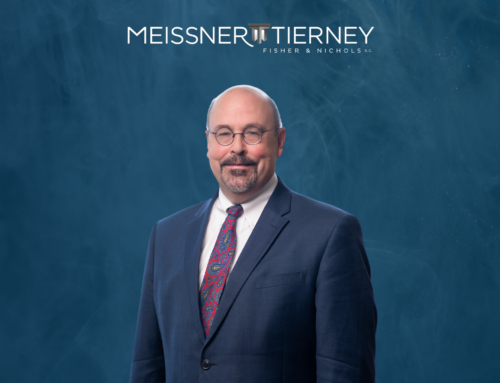Join Meissner Tierney Attorneys Brian Tokarz and Matthew Fisher for the National Business Institute’s video webcast on Thursday, September 10th at 10:00 a.m. CST. The webcast, “Construction Defect Insurance Coverage Issues Demystified” will help all interested attorneys, insurance professionals, construction professionals, architects, engineers and paralegals navigate construction defect insurance coverage issues.
Program Overview:
- Construction defect insurance coverage claims can frustrate even the most seasoned legal practitioners. That’s why it is essential to have an up-to-date understanding of the core insurance coverage legal debates before you dive headlong into the ins and outs of business risk exclusions, policy triggers, occurrence trends and more.
- Analyze critical aspects of commercial general liability (CGL) insurance policies to ensure your interpretations are correct.
- Take an in-depth look at business risk exclusions in CGL policies and determine whether they cover construction defects.
- Navigate the occurrence minefield by obtaining the latest information on how courts are interpreting policy language.
- Find out how insurers are removing subcontractor exceptions and other policy elements in response to broadening occurrence coverage trends.
- Differentiate between construction defect insurance policy triggers and get the latest information on their practical applications.
- Understand the critical areas in which construction contract indemnity provisions overlap with CGL policies.
Course Content:
1. The Anatomy of a CGL Policy: Ensuring Correct Interpretations
2. Business Risk Exclusions in CGL Policies: Do They Cover Defects?
3. Proving a Defect is an Occurrence: Navigating Divergent Interpretations
4. Insurer Responses to Broadening Occurrence Coverage Trends
5. Policy Trigger Issues: When did the Defect Occur?
6. Indemnification Provisions and Their Interplay with Insurance Policies
7. Ethical Considerations
Please visit nbi-sems.com for more information or click here to register. Participants are approved for 7.0 hours of CLE credit by the Board of Bar Examiners, including 1.0 hour of ethics and professional responsibility (EPR) credit.






